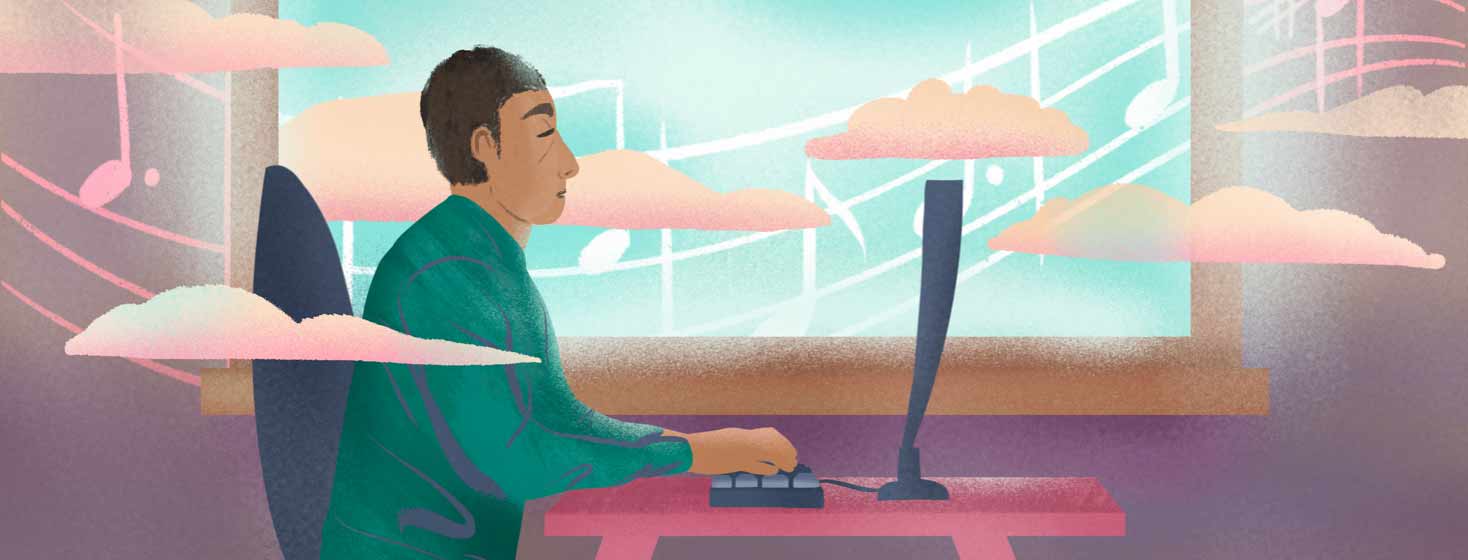Hypnagogia: It's a Nice Place to Visit but I Don't Want to Stay There
There exists a wonderfully soothing and dreamy state that lies somewhere between complete consciousness and sound sleep. Within that land, I am able to hear all the sounds around me, and I have snippets of dreams all strung together in a totally meaningless but somehow comfortable fashion.
I feel that I could sit up and resume activities at any second, and I also feel that I am completely asleep. It’s 1 of the oddest feelings I have ever experienced. The strangest thing about it is that I feel this way quite often when I try to sleep.
There’s a name for that – hypnagogia
As it turns out, this feeling has a name. Hypnagogia is the term that refers to the period between lying awake and slipping into a deep sleep. According to research, this period of time may be quite brief for some and may last much longer for others.1
In fact, it seems that my experience is quite mild compared to what many others endure. I have often tried to describe what I feel during this strange time as a dream, but that term never seemed to fit as I can still hear everything around me, even though I am not responding or interacting with it.
People may refer to the hypnagogic state as “waking dreams.” That seems like the perfect descriptor for this surreal feeling.
What in the Dickens?
Hypnagogia isn’t new and it certainly isn’t rare. Cases of this state of dreaming while feeling awake can be traced back thousands of years. Author Charles Dickens’ propensity for writing about characters suffering from insomnia and other sleep disorders stemmed from his own struggle with sleep issues. Dickens wrote about everything from night terrors and sleep paralysis to insomnia and hypnagogia.2
So many things make sense now when I look back at his work after reading of his own traumatic experiences as a youth. The author’s own hypnagogic feelings shaped his writing. His characters Ebenezer Scrooge and Oliver Twist exhibit some of the same characteristics of hypnagogia that I feel myself. Dickens knew whereof he wrote.
A double-edged sword
While the hypnagogic state is not sound sleep, it is somehow comforting for me. I would be lying if I said that my experience with hypnagogia wasn’t slightly restful. Once in a while, I do feel lulled to sleep by the mixture of sounds around me and the visions in my mind.
Hypnagogia is, however, a cause for concern if it occurs during the daytime or happens in conjunction with signs and symptoms of other sleep disorders such as narcolepsy. In this case, the dangers far outweigh the comfort of the slightly dreamy state and a medical exam is necessary.3
Staying vigilant
For decades, long before I ever knew what I felt had a name, I was experiencing hypnagogia. I cannot count the number of times I have been accused of being asleep only to retort, “No, I wasn’t. I could hear everything you were saying.” As soothing as it can be, it’s a very weird feeling. I don’t feel like I have anything to worry about, but I will watch for any changes and see my doctor if I feel there is something more going on.
Have you experienced hypnagogia? How do you describe the feeling? Feel free to drop us a line in the comment section.

Join the conversation